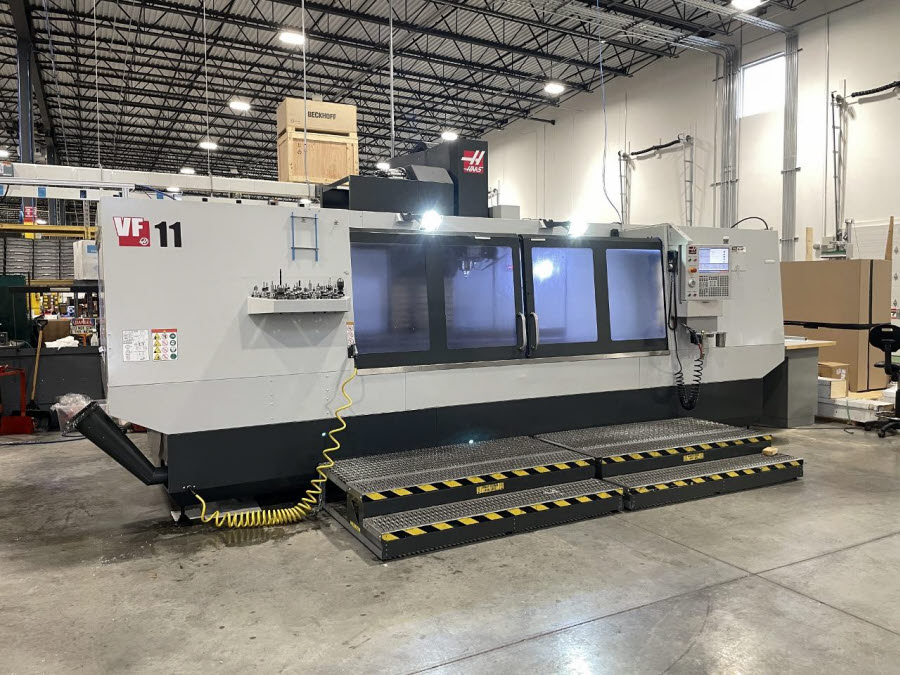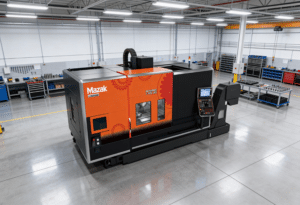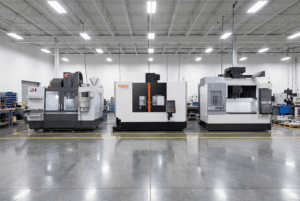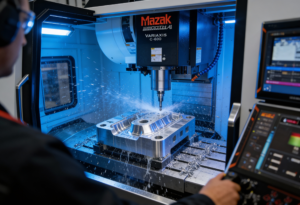More and more companies that make industrial machinery are turning to AI to help tackle big challenges like supply chain issues and not having enough skilled workers. A study by Bain found that 75% of leaders in advanced manufacturing really focus on new tech like AI in their engineering and research efforts. It’s expected that by 2028, the investment in AI for machinery could hit $5.46 billion.
Key Use Cases for AI
AI includes various technologies from simple data analysis to machine learning and those cool generative AI tools. Leading manufacturers start by figuring out their main business problems and then pick AI solutions that work well with the data they have. Generative AI is still a bit new in this area but has a lot of potential to change operations for the better. It can pull insights from messy data and really boost productivity, customer service, and even financial results.
Some companies are already diving into important areas like procurement, maintenance, quality control, and warehouse logistics with AI. For example, certain firms use generative AI for managing tons of unstructured data while others rely on service bots to help technicians quickly identify maintenance issues, which leads to better overall quality.
Overcoming Data Challenges
Even though over 90% of machinery businesses are gathering and storing production data, a lot of them struggle to get useful insights from it. A big hurdle is knowing where AI can deliver the best results. Many early adopters focus on using AI to improve supply chain management, predict when equipment might fail, and make quality control smoother. One standout case involved a machinery OEM using AI video processing to automate quality checks, cutting down assembly line failures by up to 70%.
Implementing a Test-and-Learn Approach
To successfully integrate AI, companies need to keep a close eye on their return on investment and review their spending every few months. Embracing a test-and-learn mindset, which is common in software development, allows manufacturers to innovate and adapt quickly. Collaborating closely between engineers and AI specialists helps create and refine AI models that fit the company’s goals.
As more machinery leaders see how powerful AI can be, those who are still on the fence about investing might find it hard to keep up with the fast changes in the industry. Embracing AI not only boosts productivity but also helps companies meet the complex demands of today’s manufacturing world.



